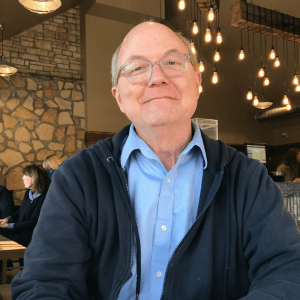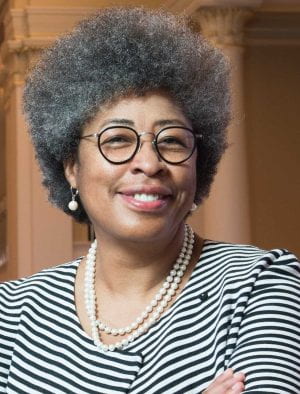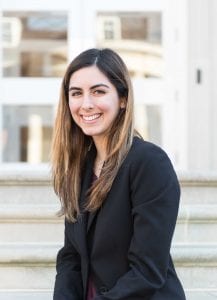
“The biggest dream is to have this as a stake in the ground in South Dallas and always be available to the community,” Soul Rep Co-Founder Guinea Bennett-Price said.
In the Spring of 2019, the Hunt Institute for Engineering & Humanity’s Global Development Lap (GDL) began a project for Soul Rep Theatre Company. The deliverable was a beautifully bound brochure to help communicate the vision and designs for renovations of a South Dallas building. The proposed building will serve as a community arts center, complete with a multi-use performance space, practice area, and communal gathering space. The project focuses on key areas like resilient infrastructure, the practice of employing human-centered design principles to engage communities, and fostering inclusive economic development which provides an opportunity for small businesses to function out of the area and reinvest into the local economy.
Soul Rep Theatre Company was founded in 1996 to provide opportunities for actors, writers, and directors to develop and share their talent with the Dallas arts community. The company, once run solely by volunteers, is now a professional theater company with a subscription-based season. According to its founders, their mission is to provide quality transformative Black theater that enlightens the imagination, the spirit, and the soul. The theatre also seeks to shift the paradigm of how the Black experience is valued by the world.
With renovation designs provided by this project, Soul Rep hopes to use the multi-purpose space to engage the community and foster collaboration in South Dallas. To help realize this goal, the renovation plans include a front porch restoration which to be used as an open space for neighbors and the Soul Rep community to connect. Soul Rep hopes that the front porch, and Soul Rep Arts Center as a whole, will revitalize Martin Luther King Jr. Blvd, a street and area that has been long forgotten. The company envisions the space to be a unique and innovative “home” to curate, celebrate and collaborate as a community. “The biggest dream is to have this as a stake in the ground in South Dallas and always be available to the community,” Soul Rep Co-Founder Guinea Bennett-Price said.
The Soul Rep team hopes that the Arts Center will lift up not only the community but also the presence of Black Art in Dallas itself. Citing the lack of Black Art in the Arts District, Bennett-Price said she hopes that this center will reignite the Black Theatre Movement. “Grassroots is our identity,” Bennett-Price explained. “We want to grow beyond and we want to be the tree instead of the grass and the roots.”
Article was written by Jaclyn Soria, undergraduate Journalist
GDL team:
Dr. Jessie Zarazaga, Hunt Institute Fellow and project advisor
Kyle Baker, undergraduate research analyst and designer
Katherine Linares, grad Project Manager
Corrie Harris, Global Development Lab Portfolio Manager













 Silvia Rivera is the definition of a world changer. Since joining the Hunt Institute for Engineering and Humanity as a student analyst, Rivera has conducted research on artisan entrepreneurship and inclusive economic development. Rivera recently returned from Washington, D.C. after participating in “The Creative Economy Matters,” a conference hosted by the
Silvia Rivera is the definition of a world changer. Since joining the Hunt Institute for Engineering and Humanity as a student analyst, Rivera has conducted research on artisan entrepreneurship and inclusive economic development. Rivera recently returned from Washington, D.C. after participating in “The Creative Economy Matters,” a conference hosted by the 